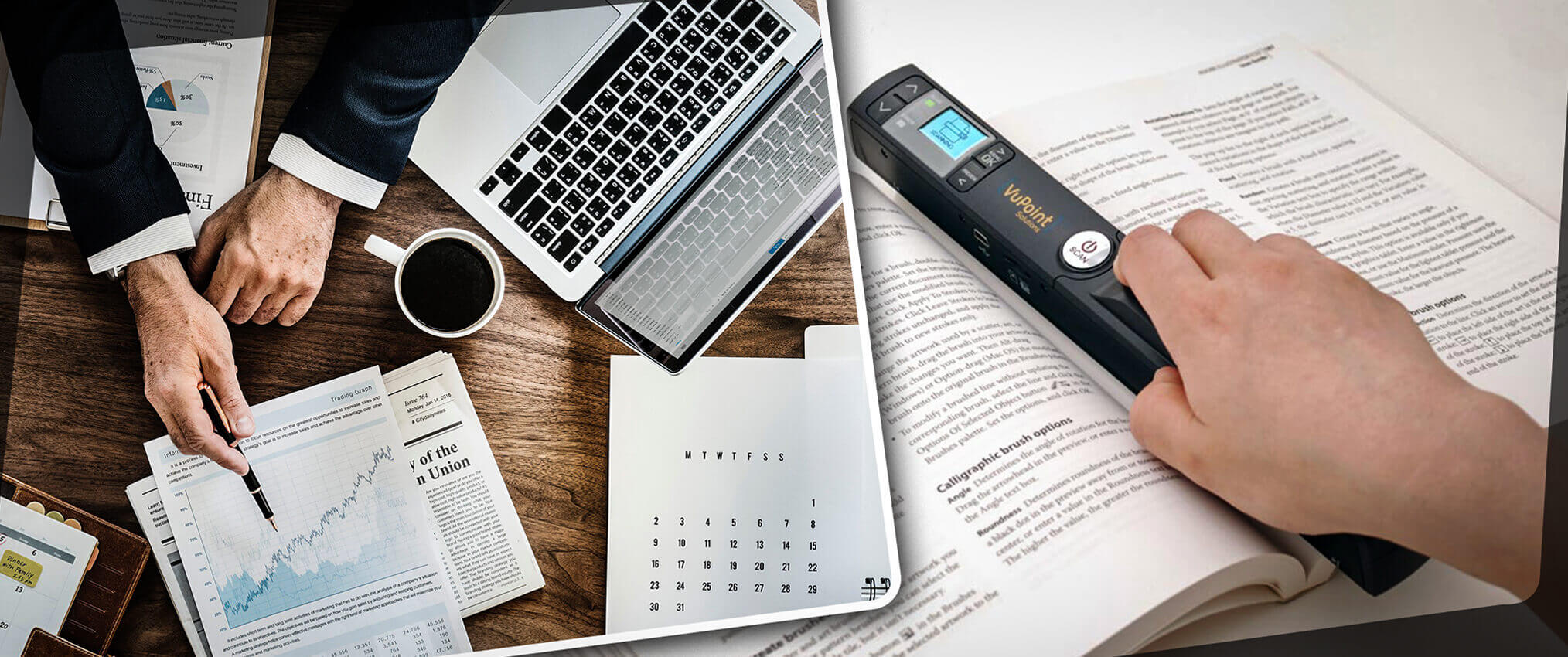The way businesses handle, secure, and maximize data is redefining with the advancements in the future of document scanning and indexing services in Digital Transformation. Document scanning and indexing services are taking the spotlight as firms are transforming from conventional paper-heavy workflows to intelligent, cloud-driven ecosystems. Beyond digitizing records, this also benefits from quick retrieval, smooth categorization, and greater compliance with changing data regulations. The future of document scanning and indexing services lies in the consolidation of advanced technologies, including AI, Machine learning, and automation. SO let’s analyze the future of document scanning and indexing services in digital transformation in detail.
Future of Document Scanning and Indexing Services
AI and Machine Learning
Document digitization and OCR services are highly influenced by Artificial Intelligence (AI) and Machine Learning (ML). Apart from text recognition, the OCR systems powered by AI can comprehend handwritten notes, multiple languages, and even poor-quality scanned documents with high accuracy. While the Machine learning models, in due course, keep enhancing their accuracy by learning and adapting from errors and new document formats. This helps in minimizing human intervention in rectifying mistakes and guarantees cleaner and more authentic data extraction. Additionally, AI also facilitates intelligent document classification by sorting invoices, receipts, medical records, and contracts into relevant categories.
Hyper-Automation
By blending IoT, AI, Machine learning, and Blockchain, hyper-automation is advancing, enabling the seamless management of intricate workflows. In addition to scanning and extracting text, hyper-automation in document digitization allows systems to automatically cross-check, validate, and route documents to the correct department. With AI and Blockchain, an invoice scanned via OCR can be automatically matched against purchase orders and payment records. These processes are further accelerated by IoT devices, including smart scanners and connected devices, by feeding real-time data into a consolidated system. With these advancements, the requirement for human supervision can be mitigated, and operational expenses and errors in large-scale document-heavy industries can be reduced.
Cloud Storage and Accessibility
The way businesses manage their digitized documents is being redefined by cloud technology. Businesses can now keep a large number of scanned and OCR-processed files securely in the cloud, instead of depending on bulky servers or physical storage. With the centralized access, employees in different offices or even different countries can work in real-time with the same documents. It also guarantees data safety and compliance with in-built security features, including access controls, encryption, and backup systems. Additionally, cloud accessibility backs remote and hybrid work models, as it is effortless to access documents on any device, even in the office, at home, or while travelling.
Mobile Scanning
Mobile Scanning is the latest mark in document digitization with the emergence of smartphones with high-resolution cameras. This eliminates the requirements for bulky scanners to digitize files. With the help of mobile apps, anyone can quickly scan receipts, ID cards, contracts, and invoices anytime, anywhere. Moreover, OCR technology is integrated with these apps, which helps in converting scanned images into editable and searchable text. This flexibility benefits businesses with quick data collection, real-time document sharing, and greater efficiency in the fieldwork.
Voice-Based Search
The way users interact with digital systems is changing with the advancements in voice technology. Document digitization is no exception in this. The future document scanning and indexing platforms enable users to just command their requirements like ‘display invoices below $20,000’. This makes faster and more natural data retrieval and prevents the requirement for complex manual searches. This also benefits visually impaired users and multitasking employees by increasing accessibility. Businesses are already familiar with voice commands with the rise of virtual assistants, including Alexa, Siri, and Google Assistant. In addition, voice technology integrated with AI guarantees contextual understanding, signifying the system can refine searches based on past queries.
Predictive Indexing
Document search and retrieval is entering the next level with predictive indexing that uses AI to automatically suggest metadata, categories, and tags. Rather than labelling data manually, the scanning and indexing systems learn patterns from past documents and foretell how new files should be structured. For instance, when digitizing a batch of invoices, predictive indexing can tag them with vendor names, dates, and payment statuses automatically. This ensures consistency and accuracy across large document databases, apart from saving time. Predictive indexing enables businesses to make intelligent decisions, simplify operations, and improve overall productivity by converting raw documents into organized and searchable assets.
Bottom Line
The future of document scanning and indexing services in digital transformation is poised to become a breakthrough for enterprises across industries. What was once seen as a back-office necessity is now transformed into a critical enabler of business growth and resilience. With AI-powered automation, intelligent search, and real-time accessibility, these services empower organizations to move beyond basic digitization and embrace smarter, more connected ways of working. Apart from simplifying data management, the future of document scanning and indexing services ensures scalability, data security, and compliance in this digitally-driven world.
Looking to digitize your documents with efficient scanning and indexing services? We can serve you better. Connect with us at [email protected] to know more.





